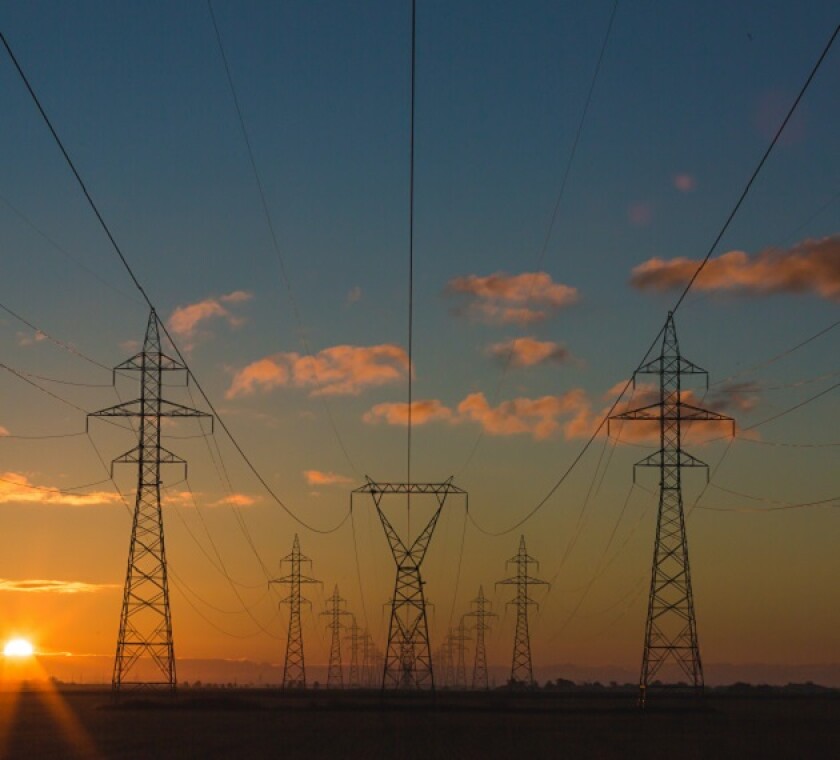General framework
The Energy Sector Extraordinary Contribution (CESE) was created by Law No. 83-C/2013 of December 31 (State Budget Law for 2014), when Portugal was going through a serious economic and financial crisis. It was formed in the period after the subprime crisis in the USA and during the emergence of the sovereign debt crisis in Europe.
However, it is possible to identify specific energy policy objectives for CESE, regardless of the context of the economic and financial crisis in which it was created.
From a strictly energy policy perspective, CESE has the following objectives:
(i) Firstly, the reduction in the tariff deficit of the National Electric System (SEN), which is the result of shortfalls of revenues in the electricity system, which arise when the tariffs for the regulated components of the retail electricity price are set below the corresponding costs borne by the energy companies (globally, as a result of legislative measures to limit energy prices); and
(ii) Secondly, the promotion of the systemic sustainability of the sector, through the financing of a broad set of social and environmental policies and the adoption of some measures related to energy efficiency.
The revenue collected from CESE is allocated to a public fund, the Fund for Systemic Sustainability of the Energy Sector (FSSSE), which should implement measures to reduce the tariff deficit of the SEN and promote the systemic sustainability policies of the sector.
The universe of taxpayers in this extraordinary contribution is very wide and includes energy producers using renewable sources – which, as of 2019, are no longer exempt if they do not operate in a market regime (that is, if they do not benefit from some guaranteed remuneration regime, such as the well-known ‘feed-in tariff’).
CESE is charged on the taxpayers' assets (both tangible and intangible assets and also some financial assets) at a general rate of 0.85%, with some special rates for certain categories of taxpayers, namely in the natural gas sector.
The implementation of the Energy Sector Extraordinary Contribution and its metamorphosis
For the implementation of this Extraordinary Contribution, the Portuguese legislator followed the archetype of ‘environmental tax’ well known in the OECD context and also used by Eurostat.
Therefore, once again from the perspective of the Portuguese legislator, CESE is a tax measure that aims to solve a problem of detrimental externalities:
(i) On the one hand, the negative externalities associated with the tariff deficit of the SEN – which, from the perspective of the Portuguese legislator, had been caused by taxpayers; and
(ii) On the other hand, the positive externalities associated with social and environmental policies and the adoption of some measures related to energy efficiency – that would have benefited taxpayers who, having paid nothing, had a new source of additional income.
Despite the tax and energy policy objectives of the Portuguese legislator, the reality and experience of recent years has shown that CESE cannot pursue these type of purposes related to the existence of detrimental externalities:
(i) Firstly, the tariff deficit of the SEN was not caused by the taxpayers nor is it related to its asset structure; and
(ii) Secondly, so far it is not at all clear what kind of environmental or energy efficiency policies have already been implemented using CESE revenue.
At the same time, it is currently proven that CESE is not an extraordinary measure (effective since 2014 and its regime has been extended in all the state budget laws until 2020).
All of this considered, among other aspects, the Portuguese legislator is no longer able to justify CESE's permanence in the Portuguese tax system.
Additionally, this tax measure has serious problems both from a legal and constitutional perspective.
The starting point is the qualification of this tax measure: slightly beyond the tripartite view of tax measures accepted by the Portuguese Constitution – between taxes in the strict sense, fees or financial contributions – CESE fits in the category of ‘special contributions’, a category whose basic structure is very close to the existence of detrimental externalities.
The main characteristic of this type of ‘special contributions’ is its extraordinary and temporary character, very close to the existence of detrimental externality itself. Therefore, when the legislator fails to establish a link between the identified externalities and the taxpayers' behavior or assets structure, the ‘special contribution’ created is no longer justified under the Constitution.
Sooner or later, CESE will be eliminated from the Portuguese tax system. The market is looking forward to seeing how the Constitutional Court will assess the new arguments put forward to support CESE's unconstitutionality.
Filipe de Vasconcelos Fernandes
T: +351 213 113 400
E: FVF@vda.pt












